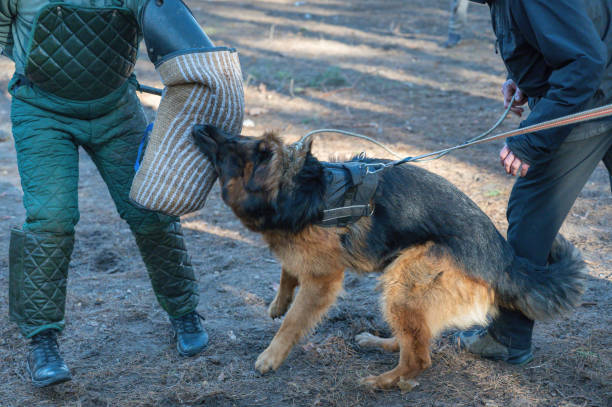Boxers need to be careful about what they eat as their diet directly impacts their performance in the ring. They need to eat enough to fuel their workouts and maintain muscle mass, but not so much that they gain weight outside of their weight class. Boxers also need to pay attention to the timing of their meals, as eating too close to a workout can cause stomach discomfort, while not eating enough can leave them feeling sluggish and weak. Additionally, hydration is essential, as being dehydrated can lead to decreased performance and an increased risk of injury. By following a proper diet and staying hydrated, boxers can optimize their training by wearing custom boxing headgear and improve their chances of success in the ring. Boxing is a physically demanding sport requires athletes to be in top physical condition. One of the essential components of a boxer’s training regimen is their diet. A proper diet can give boxers the energy they need to perform at their best and help them maintain their weight class. In this article, we’ll explore the key components of a boxer’s diet, the best foods to eat before and after training, and how to maintain a healthy weight.
Macronutrients for Boxers
Macronutrients, including carbohydrates, protein, and fats, are crucial for boxers to fuel their bodies during training and competitions. Carbohydrates provide energy to the body, while protein helps with muscle repair and growth. Fats are necessary for maintaining overall health and providing a long-lasting energy source. Boxers should aim to consume a balance of all three macronutrients in their diet, with an emphasis on carbohydrates and protein. Good sources of carbohydrates include whole grains, fruits, and vegetables. Protein can be found in lean meats, eggs, beans, and nuts. Healthy fats can be obtained from sources like avocados, nuts, and fatty fish.
Hydration for Boxers
Hydration is crucial for any athlete, and boxers are no exception. Proper hydration helps regulate body temperature, delivers nutrients to the muscles, and removes waste from the body. Boxers should aim to drink at least eight glasses of water per day, more if they are training or competing. In addition to water, boxers can also consume sports drinks to replenish the electrolytes lost during exercise. Avoid sugary or caffeinated drinks, as they can dehydrate the body. They need to take special care of their fight because they might have a boxing match wearing custom wholesale headgear and they can’t take a risk by compromising on their diet.
Pre-Workout Meals for Boxers
Boxers need to fuel their bodies with the right foods before a workout or competition. A pre-workout meal should be consumed two to three hours before exercise and should include carbohydrates and protein. Good options include oatmeal with fruit and nuts, a turkey sandwich on whole grain bread, or a smoothie with protein powder and berries. Avoid high-fat and high-fiber foods that can slow down digestion and cause gastrointestinal distress.
Post-Workout Meals for Boxers
After a workout, boxers need to consume foods that help their bodies recover and repair. A post-workout meal should include carbohydrates to replenish glycogen stores and protein to aid in muscle repair. Good options include a chicken and sweet potato bowl, a quinoa and vegetable stir-fry, or a protein shake with fruit. It’s essential to consume a post-workout meal within 30 minutes to an hour after exercise to maximize recovery.
Supplements for Boxers
Supplements can be a useful addition to a boxer’s diet, but they should not replace whole foods. Good options for boxers include protein powder, creatine, and omega-3 supplements. Always consult with a healthcare professional before starting any new supplements.
Cutting Weight Safely
Boxers often need to cut weight to compete in their desired weight class. However, cutting weight too quickly or unsafely can be dangerous and affect performance. To cut weight safely, boxers should reduce their calorie intake gradually, drink plenty of water, and avoid excessive exercise. It’s crucial to work with a coach or nutritionist to develop a safe and effective weight-cutting plan.
Staying Consistent
Consistency is key when it comes to a boxer’s diet. Eating a healthy and balanced diet should be a part of a boxer’s daily routine, not just when preparing for a fight. Staying consistent with healthy eating habits can help boxers maintain their weight class and perform at their best.
Wrapping it Up
A boxer’s diet plays a crucial role in their overall performance in the ring. By following the key components of a boxer’s diet, including consuming lean proteins, complex carbohydrates, and healthy fats, boxers can ensure they have the energy they need to perform at their best. Additionally, paying attention to their pre and post-training meals and maintaining a healthy weight can give boxers a competitive edge in the sport. By making smart food choices and prioritizing proper nutrition, boxers can fuel their fight and unleash their full potential in the ring.
Read also more information









